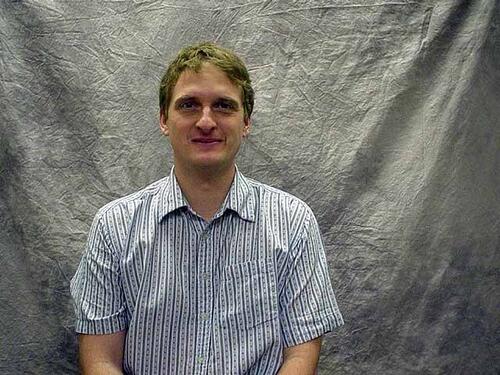
Richard Easther (Assistant Professor of Physics) has been awarded an NSF Career Award, for his proposal “Fingerprints of the Early Universe”, which is a five-year award for young faculty.
Proposal abstract: The research of this Career proposal focuses on the very early universe, and lies at the interface between cosmology and particle physics. Very soon various new detectors based on the land and in space will measure the parameters describing the present universe with increasingly high precision. These measurements can then be used to test theories of the primordial universe, whose properties are directly determined by fundamental physics.
The interests of the PI straddle questions involving the present and initial states of the universe, and the evolutionary history that connects them. The proposal covers broad but overlapping areas of cosmology: inflationary dynamics and observational constraints, the termination of inflation and preheating, and the cosmological consequences of candidate fundamental theories. The focus will be to understand and test classes of models, rather than single, overly specific scenarios. The broader implications of this proposal concerns
the development of materials to be used the new Sloan Digital Planetarium.
The PI is developing a program called “Real Time Relativity for use in the new Yale digital planetarium”. This program will create a “Mr. Tompkins” universe where the speed of light is slowed to the point where cars and planes would undergo significant relativistic distortions, and can also be adapted to simulate events such as particle collisions, or relativistic astrophysical phenomena. This package allows the user to interactively specify their trajectory in real time, and thus makes full use of the semi-immersive environment provided by a digital planetarium. Presentations can be tailored for use with the general public, high school students and undergraduates, and will thus significantly add to the impact of what will be a major new facility here at Yale. The “shows” will be made freely available, and will hopefully inspire others to explore the full potential of these systems.